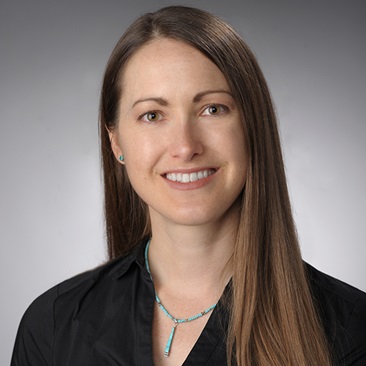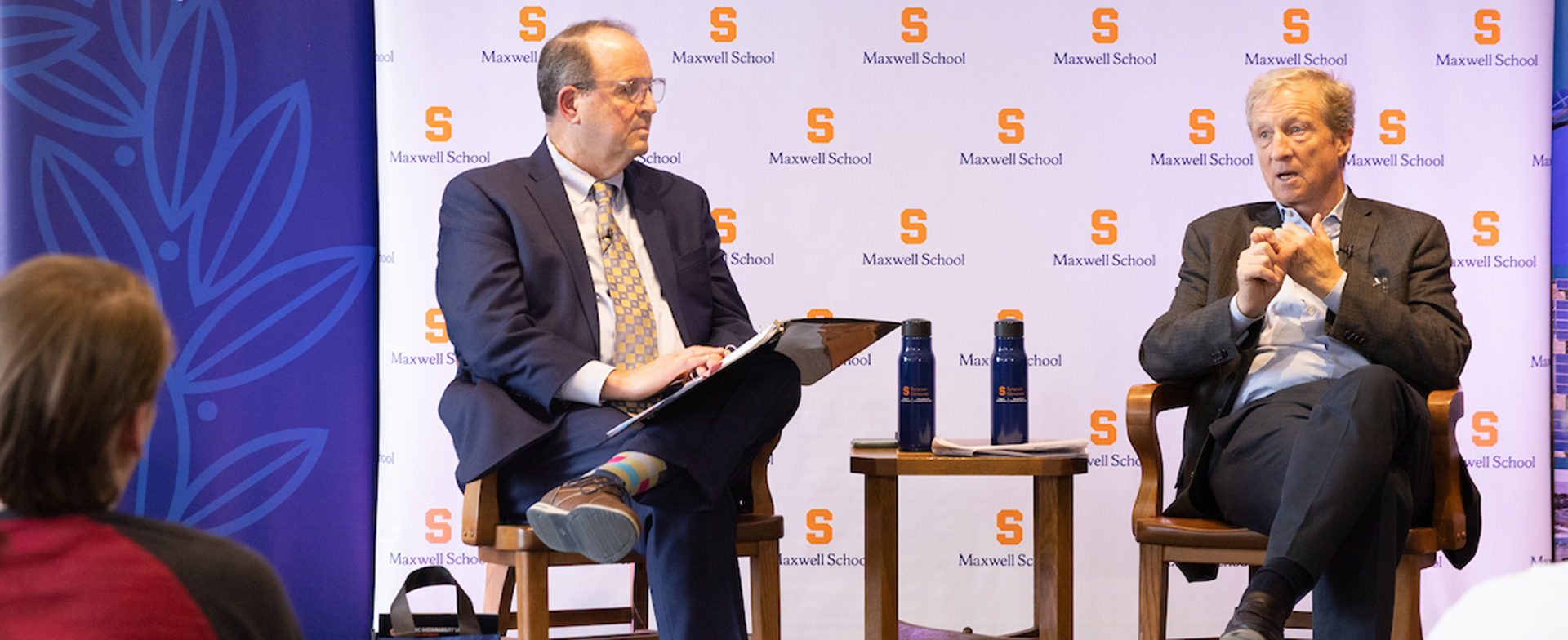
Climate Investor Tom Steyer Tells Students, ‘We Can’t Accept People Shirking Their Responsibility’
May 1, 2023
The 2020 presidential candidate and former hedge fund manager visited the Maxwell School as part of the inaugural Sustainable Syracuse series.
In a December 2010 article, Fortune magazine called California billionaire Tom Steyer the “jolly green banker.” During a talk at the Maxwell School last week, Professor Jay Golden asked Steyer to share why he retired from his lucrative career as a hedge fund manager to channel his efforts into saving the environment.
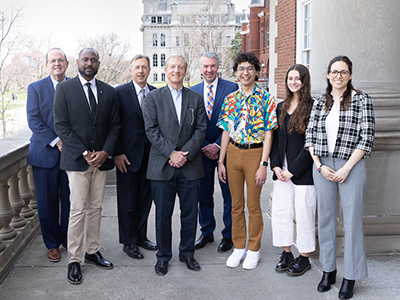
Steyer, who made a run for president in 2020, said he’d always been interested in sustainability and a lover of the “out of doors,” but a family trip to Alaska provided an up-close view of climate change that fueled his change of course.
“What I found was, oh my God, this place is melting,” he said of the trip, which he took with his wife, four children and pet cat in 2006, the same year Al Gore’s “Inconvenient Truth” documentary was released.
“If you ever go to Alaska…it is shocking. You can go to a place that’s a valley, that you haven’t been able to see across for thousands of years because it was a complete mountain of snow, and it’s all gone and you can see the water rolling out of there, constantly,” he added.
The Steyer family had a meeting around their dining room table shortly after returning. Steyer was in his mid-50s, and leaving his career behind and pouring his earnings into climate activism was a risky endeavor. He said his wife, Kat Taylor, was supportive, telling him, “This is your one chance to get into heaven.”
That elicited a laugh from the audience of more than 100 students, faculty and staff who filled the seats and lined the walls of the Strasser Legacy Room on Tuesday, April 11. The event was the culmination of a series of activities, called Sustainable Syracuse, held to draw awareness to climate issues and showcase students’ interdisciplinary research and creativity.
The events were the vision of Golden, who is founding director of the Dynamic Sustainability Lab and the inaugural Pontarelli Professor of Environmental Sustainability and Finance at the Maxwell School. Golden joined the Public Administration and International Affairs Department in August 2021; his professorship was created with a gift from husband and wife, Kenneth A.’92 B.S. (Econ) and Tracey Pontarelli, who seek to ensure environmental policy research is grounded in a realistic understanding of markets and financial mechanisms so that future environmental policy balances economic need with sustainability.
Other Sustainable Syracuse events included a student-produced film festival; a screening of “Dr. Seuss’ The Lorax,” with a question-and-answer by its Oscar-nominated director, Chris Renaud ’89; and a two-day sustainability symposium in Washington, D.C. The symposium served as the kick-off; its panels and workshops were attended by more than 50 undergraduate and graduate students who engaged with leading experts from industry, government and NGOs who offered insights on a range of sustainability issues such as renewable energy transitions, carbon markets, organizational leadership and strategies.
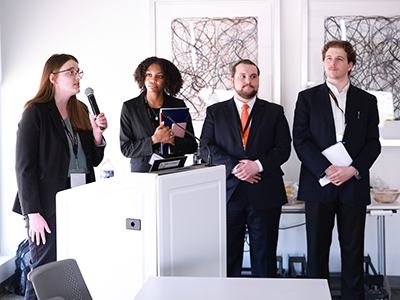
Some of the issues covered at the symposium were echoed at the Steyer talk. For instance, Golden asked Steyer to talk about the notion of “net zero,” which refers to a target by private and public entities to negate the amount of greenhouse gases produced by reducing emissions and implementing methods of absorbing carbon dioxide from the atmosphere.
“I’m both encouraged and skeptical of corporations that promise net zero without really knowing how to get there. I think, of course, it’s great that people are suddenly caring. But, you’ve got to wonder—I think it’s easier said than done,” said Steyer, who in 2010 pledged to give at least half of his wealth toward philanthropic efforts and subsequently sold his stock from the hedge fund firm he founded, Farallon Capital.
Golden asked Steyer about the rationale behind the name change six years ago of the organization he founded, NextGen Climate, to NextGen America, and what advice he has for young people who want to be agents of change.
NextGen America is a youth voter organization, and Steyer said the impetus for the name change was simple: “You can’t really separate justice and climate,” he said. “This is an all-of-society response, so the idea that you could address climate without addressing justice to me—it doesn’t work, it’s not going to work, it’s not right. So, we changed the name to say we’re going to be on positions together.”
According to its website, NextGen America has registered over 1.4 million young people to vote. Steyer said President Biden would not have been elected had it not been for young voters and, he pointed to the role of this demographic in the recent Wisconsin State Supreme Court election: Democrats won the seat, flipping control of the court to the left for the first time in 15 years.
“We have a very divided society,” said Steyer. “Young people need to show up if we’re going to get fair representation. …I put my trust in young people.”
And later, in response to a student’s question about how to rally climate change efforts around the globe, Steyer said that each country will go about it in diverse ways, no doubt, but change requires a unified effort by individuals.
“We can’t accept people shirking their responsibility and being free riders and trying to get away with something at the expense of the other 8 billion people on the planet. That can’t work because if that happens, then everybody does it, and we all lose,” he said.
And then, a nod to the Maxwell School’s full name and ethos: “I’m pretty big about being a good citizen,” he said.
By Jessica Youngman
Published in the Spring 2023 issue of the Maxwell Perspective
Related News
School News
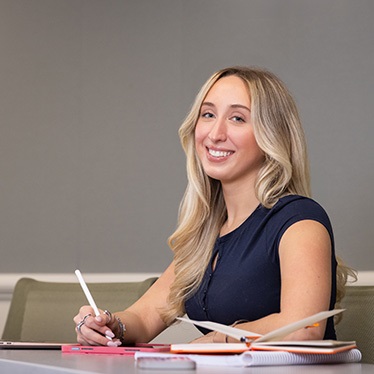
Dec 4, 2025
School News
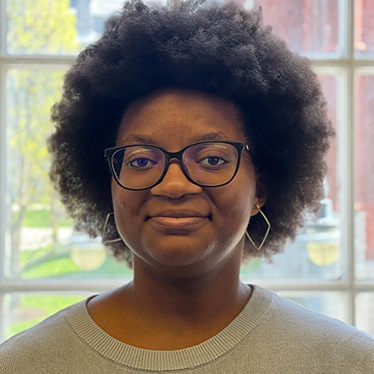
Nov 25, 2025
School News
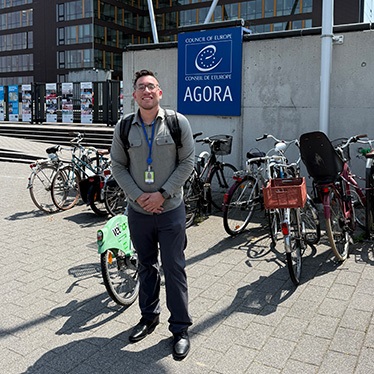
Nov 24, 2025
